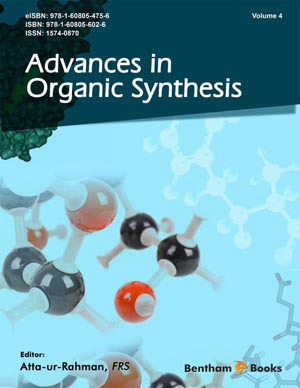Abstract
Ionic liquids (IL) are biodegradable and green designer solvents for use in lots of vital applications i.e., catalysis, CO2 capture, green chemistry synthesis, energy storage, particle stabilization, self-assembly media and lubrication. ILs show many attractive properties in proximity to solid surfaces. ILs form well-defined interfacial layers that are tunable-electrically and thermally as well as stable- mechanically, electrically and thermally over a wide range. The structure of solid-ILs interfaces plays a basic role in these applications. In this book chapter, the recent literature is presented while future research information’s discussed. In the past decade, there has been rising interest in this topic, and significant progress has been made in understanding such interfaces. It has been known that electrostatic forces self-assembly of ILs and solid-IL interfaces are two key parameters. Moreover, how the structure of the IL-interface impacts the property, e.g., conductivity, viscosity and friction, has yet to be understood. Surface properties of ILs are explored with techniques that probe force, such as atomic force microscopy (AFM) and surface force apparatus (SFA), with scattering techniques such as neutron (NR) and X-ray reflectometry (XRR), sum frequency generation spectroscopy (SFGS) and other techniques, as well as with molecular dynamics (MD) simulations and theory.
Keywords: Ionic liquids, Properties, Solid-ionic liquids interface.






















